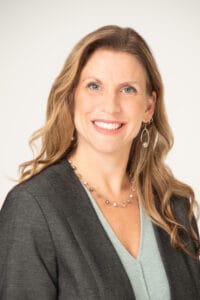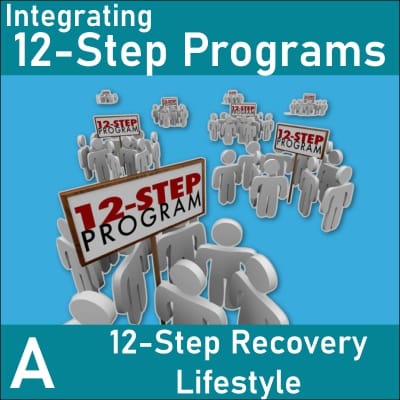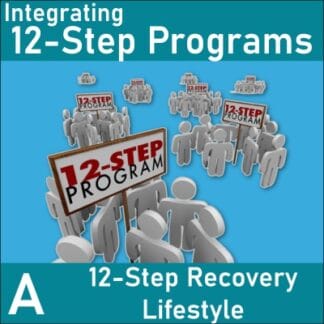Description
Duration:
120 minutes including a Q&A
Includes:
• A certificate of completion
• The on-demand recording to watch at your convenience
• A handout in PDF format for viewing or self-printing
Description:
The acuity of Substance Use Disorders has recently increased and it is imperative that health care professionals are fully informed regarding 12-Step programs–the most widely attended mutual help groups in North America. Inevitably, addiction professionals will treat clients who are in such programs and ideally, they should be able to include the 12-Step model in client care. Connecting with individual narratives has been an important part of the history of these programs and it is crucial to explore the benefits of this treatment modality. Additionally, these programs possess a unique culture, language and lifestyle—and many common misconceptions surround them. Therefore, health care professionals will gain a deeper understanding than what they may have learned from academia about these unique programs in order to effectively integrate the 12-Step and clinical models and to build ongoing rapport with such clients. During this 3-part workshop both challenges and treatment strategies will be discussed with case examples and video segments.
Topics in the “A: 12-Step Recovery Lifestyle” webinar:
• Advantages and Disadvantages of Anonymity
• Debunking Myths and Stereotypes
• Supportive and Damaging 12-Step Interpersonal Dynamics
• Spirituality and Recovery
• Addiction and the Human “Void”
• Evidence-Based Perspective of Spirituality and Healing
• Modifications for Atheist and Agnostic Clients
Who Should Attend?:
• Physicians, Psychologists, Mental Health Nurses,Therapists
• All Staff in Addictions Settings
• Social Workers & Allied Professional Staff in Psychiatric settings
• Primary Care Physicians & Nurses; MH Staff in Community Settings
• Intake & Frontline Staff; Mental Health Managers and Educators
• Mental Health Nurses and Staff in Correctional & Forensic Settings
• Mental Health Staff in Adolescent Settings
• Selected Staff in Harm Reduction, Group Homes and Family Violence Programs.
** This is not a ‘self help’ course or a course for family members. This course is intended for continuing education purposes for mental health & addiction personnel. **
 Sarah Allen Benton, MS, LMHC, LPC, AADC
Sarah Allen Benton, MS, LMHC, LPC, AADC
Sarah Allen Benton is a Licensed Mental Health Counselor and Advanced Alcohol and Drug Counselor. She is Co-Owner of Benton Behavioral Health Consulting and Waterview Behavioral Health. She was the Clinical Strategy Advisor and Director of Clinical Services for Aware Recovery Care currently operating in 11 states. She has been a therapist and consultant at various levels of care. Sarah was a Therapist at McLean Hospital in Belmont, MA at The Brook dual diagnosis transitional living program, Klarman Center for eating disorder treatment and the Obsessive-Compulsive Disorder Institute.
Sarah has presented internationally to a wide variety of audiences on many unique behavioral health topics. She is author of the books “Understanding the High-Functioning Alcoholic” and “Parents in Recovery: Navigating a Sober Family Lifestyle” (2024). She has been featured in the New York Times, on The Oprah Winfrey Show, The Today Show, CBS Early Show, SiriusXM, NPR and writes a blog on PsychologyToday.com.


